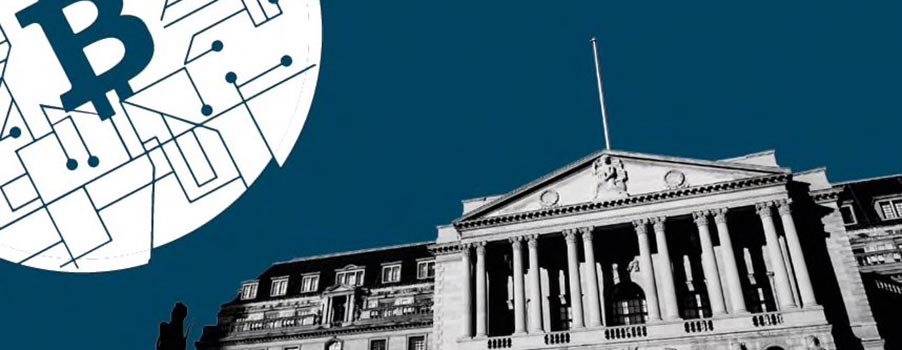India has been struggling with regulating cryptocurrencies for quite some time now mostly because of the strong aversion the governments has towards digital currencies but they are yet to ban any. Now, a former Indian top finance ministry official insists that bitcoin, as well as other cryptocurrencies, should be completely banned in the country.
Shaktikanta Das, who is a former secretary of economic affairs, believes that regulating bitcoin is going to be quite tough and thus the only feasible alternative would be to outlaw their use. Das headed the Indian government’s first panel that was set up in April 2017 in a bid to understand and recommend necessary regulations pertaining to cryptocurrencies. Currently, Das is a member of the 15th finance commission which has been tasked with reviewing the financial situation of the present government.
“Let us accept that it would not be possible to regulate it effectively. Because they will do transactions from their houses. You cannot enter every home to check what transactions are going on. So, I think this is a serious challenge, and this should not be allowed at all,” Das said.
The Indian government’s aversion to cryptocurrencies can be traced back to 2013 when the Reserve Bank of India (RBI) warned its customers against the potential security threats that were associated with digital currencies. Despite this, and multiple other warnings from the country’s ministry of finance and the RBI that followed since then, cryptocurrencies have grown in popularity even among people who were considered to be “conservative” Indian investors.
Why Das’ Opinion Matters
Shaktikanta Das has held a number of key positions in India’s ministry of finance including being the head of the departments of economic affairs and revenue. He has also served as a board member of the Indian market regulator Securities and Exchange Board of India and the Reserve Bank of India – both institutions play a monumental role in the drafting of cryptocurrency regulations in India.
Das argues that since the Reserve Bank of India is the only institution allowed to issue currency in India, cryptocurrencies are essentially illegal. He further pointed out that cryptocurrencies are paralleling present financial frameworks without any backing from legal provisions.
“There is the danger of cryptocurrencies leading to money laundering, terror financing, and unaccounted transactions. It will pose a serious threat to the financial stability not only of India, and in fact more, in the case of the developed world,” he added. “It’s a serious challenge and threat to global financial stability.”










